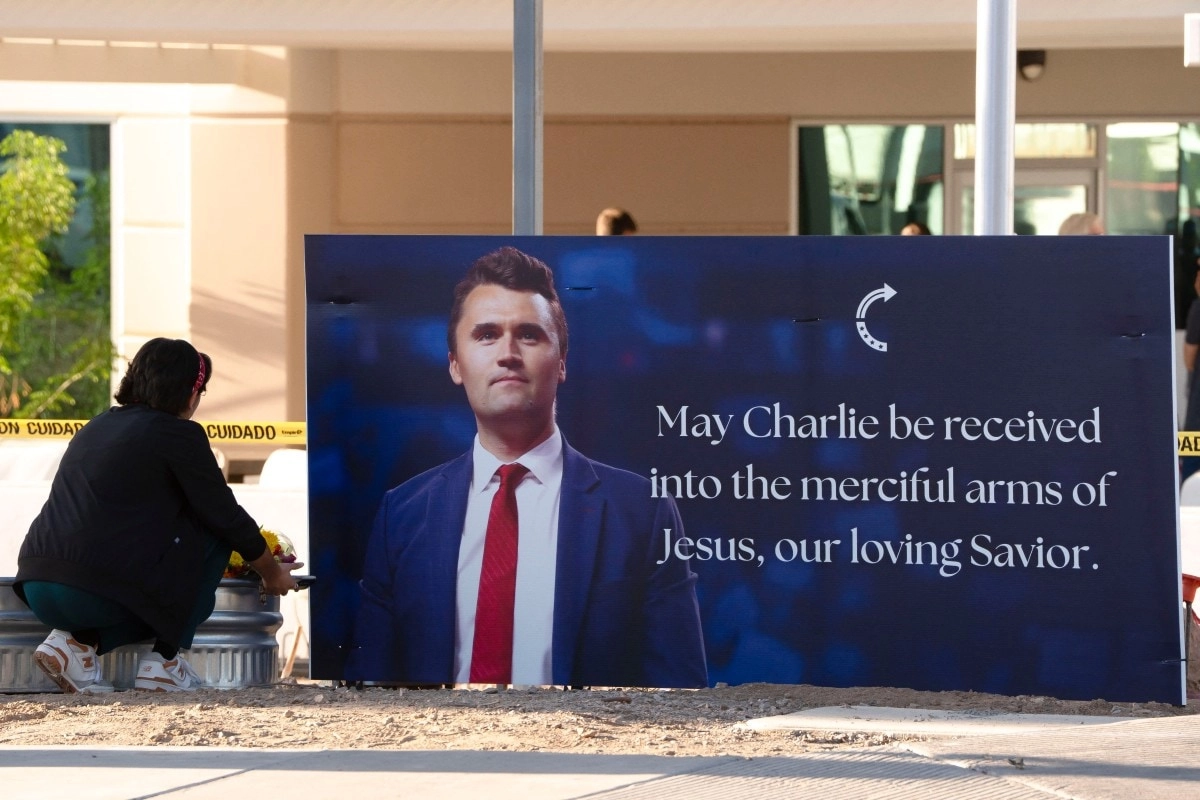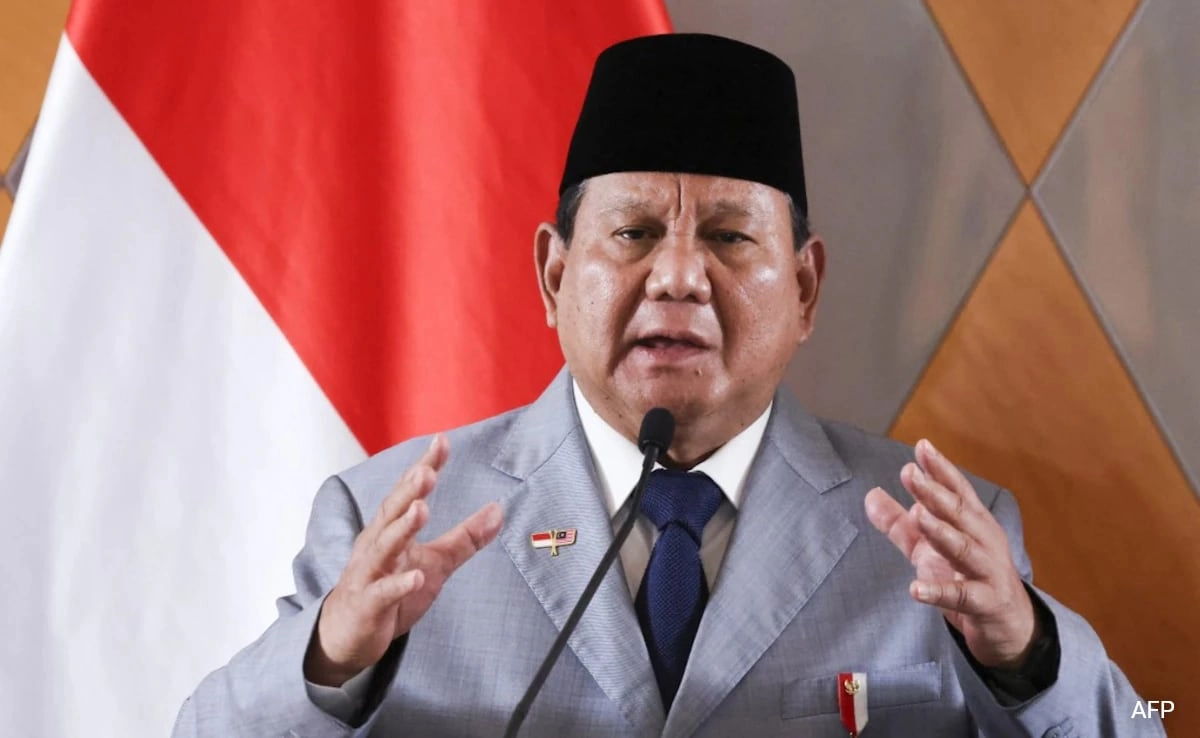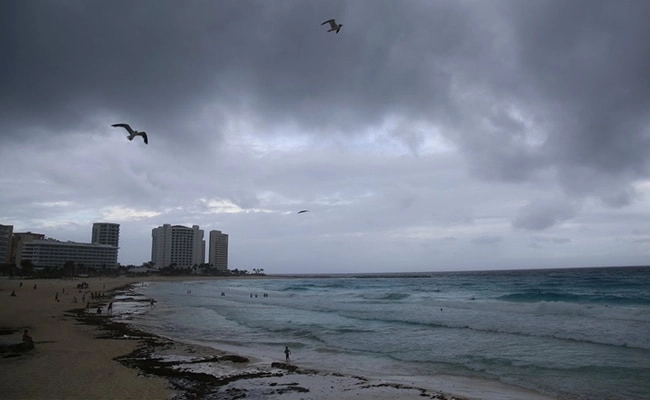The last question posed to Charlie Kirk before an unthinkable tragedy unfolded has left many in shock and disbelief. As a prominent conservative activist and founder of Turning Point USA, Kirk has long been a controversial figure in American politics, often at the center of heated debates. The incident occurred during a public event where Kirk was engaging with his audience, responding to inquiries and sharing his insights on various topics, including political strategies, youth engagement, and the importance of conservative values in contemporary society.
As the interaction progressed, an unexpected question arose from the audience, catching Kirk slightly off guard. This moment, seemingly ordinary at first, took a dark turn when a sudden act of violence erupted. The nature of the question itself, which remains a focal point of discussion, has prompted many to reflect on the implications of political discourse in today’s climate. It highlights the fragility of public life and the unexpected dangers that can accompany it, particularly for individuals who hold strong political beliefs and actively participate in public discussions.
In the aftermath of the incident, conversations surrounding the safety of public figures have intensified. The event has sparked a broader examination of the current state of political dialogue in America, raising concerns about the increasing polarization and hostility that characterize many discussions. While some view this as an isolated incident, others see it as a troubling trend that underscores the urgent need for fostering a more respectful and constructive political environment. The lasting impact of this tragic event will likely reverberate through discussions on political engagement and the responsibilities of public figures in promoting discourse that is both passionate and safe.
Ultimately, the question posed to Kirk before the violence broke out serves as a poignant reminder of the complexities and dangers inherent in political engagement today. As society reflects on this tragedy, it is essential to consider how to address the underlying issues that contribute to such extreme responses. Moving forward, the hope is that this incident will not only honor the memory of those affected but also inspire a more thoughtful and civil approach to political dialogue in the future.




